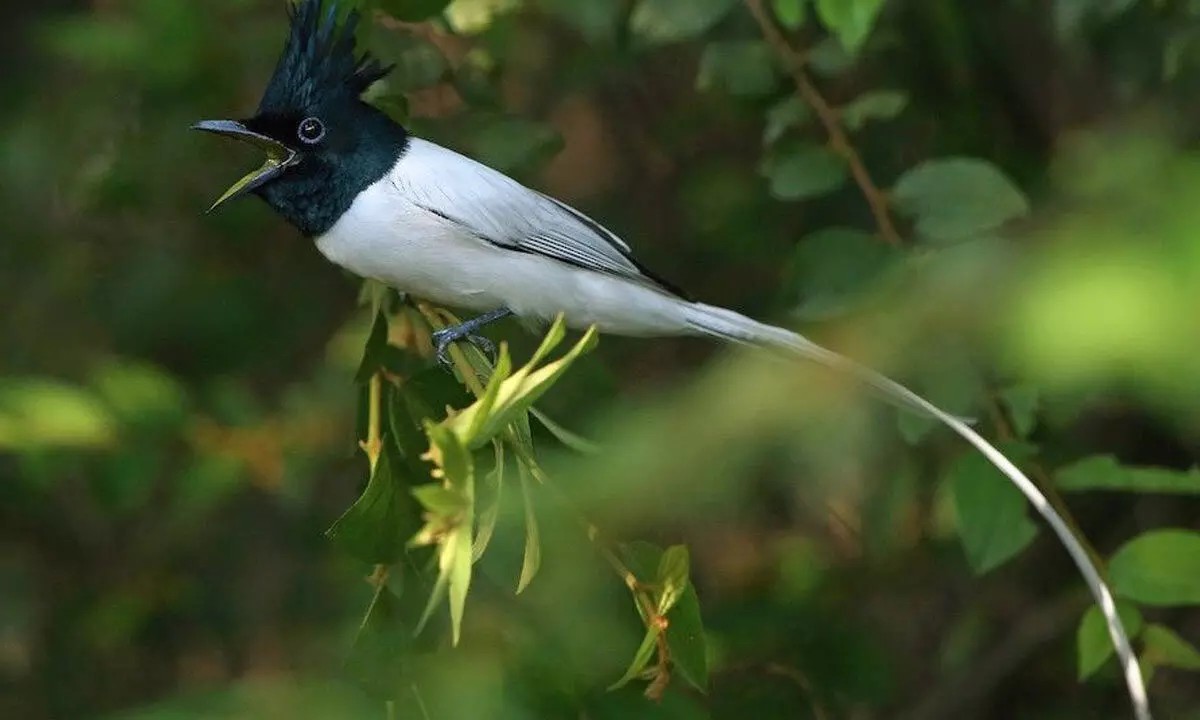Like to Have Birds to Visit your Backward, Add Rare Plants to Your Garden

Like to Have Birds to Visit your Backward, Add Rare Plants to Your Garden
If you really love the sight of birds as well as thrum of bees in your garden, you are not alone. These pollinators are not only beautiful to behold and they also help boost the health of your plants as well as flowers during their daily visits.
If you really love the sight of birds as well as thrum of bees in your garden, you are not alone. These pollinators are not only beautiful to behold and they also help boost the health of your plants as well as flowers during their daily visits.
As per the new study published in the Ecological Applications from the researchers form Dartmouth college, urban gardeners who did just that attracted substantially more unique birds as well as bees.
The researchers have studied about 18 California community gardens in Santa Clara, Santa Cruz and Monetary nations and found that 50% of these located in urban areas included rare plants. The team then created a model, which showed the connection between the gardeners, rare plants and bird and bees species demographics in those plots.
There appears to be cascading effect of the people planting uncommon species on the accumulation of the other uncommon bee as well as bird species. The study lead author as well as assistant professor of the Environmental studies at Dartmouth. In other words, planting unique greenery dew special, beneficial wildlife to an unexpected area, something that you could replicate in your own yard.
Looking for a variety to begin with? Tarp (Colocasia esculenta) is one of the rare plants found in urban garden but it is not of conservation concern, primarily because it is cultivated. It is a traditional crop planted in Hawaii and by a lot of Asian cultures. It requires a lot of space to grow and is cooked for its underground corn, much like the tuber of a sweet potato but it is not common food grown in the California. This unique plant also attracts rare bird and bee species because it thrives in the wet environment, hence it draws pollinators that would not normally frequent the urban region.













